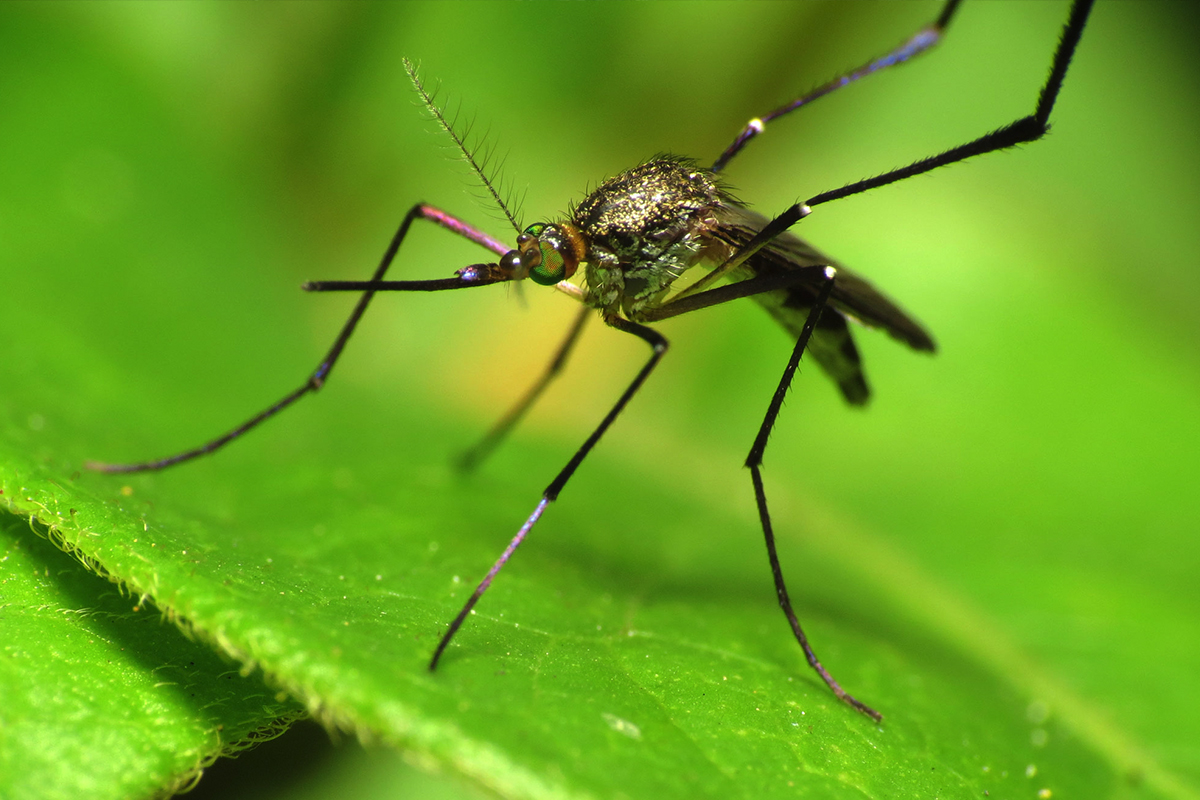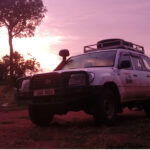
Preventing Malaria in Uganda
Avoiding Mosquito Bites and Malaria on Safari in Uganda
Uganda is a landlocked country in East Africa filled with incredible tourist destination with abundant wildlife and different primate species among other attractions. Many travelers visit the country to take gorilla tours to Bwindi Forest as well s wildlife safaris to Murchison Falls National Park, Queen Elizabeth National Park and Kidepo Valley National Park. Mosquitoes are in many parts of East African countries and below are some of the preventive measures on how to avoid mosquito bites and also preventing malaria infections.
- Anti-malaria Tablets: While on your trip, your advised to carry anti malaria drugs and its better if you see your doctor at home so that he may advise on the best malarial drugs to carry while on your trip. Malarone, Mefloquine or Lariam are some of the anti-malarial drugs however Malarone is very expensive but more effective and Mefloquine is the best to those who may have side effects.
- Use Mosquito Repellants: you’re also recommended to come along with some excellent mosquito repellents such as Cutter, remember to check the label, its expiry date and also make sure it contains at least 20% DEET. RID is one of the best repellent from Australia because it works on both tsetse flies and mosquitoes, Remember, you should apply the spray in the evening or at night.
- Use of mosquito Nets: Most of the accommodations in and outside national parks provide mosquito nets, therefore no need of carrying a mosquito net while on the trip. However, you may bring mosquito sprays such as Doom that may assist in repelling the mosquitoes. In most luxury accommodations, sprays such as doom are provided and its best to apply them before going for dinner. You may also use Citronella Candle, available in most supermarkets in Uganda
- Wear Trousers and Long Sleeved Shirts in the evening and in the dark: It is well known that mosquitoes are mostly active in the night so we advise you to put on long sleeved shirts and trousers in the evening and at night along with the application of sprays and insect repellents.
- Avoid taking Much sugar: Mosquitoes prefer people with high sugar content in their blood and they are able to smell the sweat of someone with high sugar content in blood. While on a safari, your advised to take little sugar or foods with little sugar so as to avoid mosquito bites.
- Turn off Unnecessary lights: Most insects are attracted by light of which mosquitoes are inclusive, therefore you’re advised to switch off the unnecessary lights rather than staying on and attract more insects.
- Avoid Using perfumes and Deodorants: One way of avoiding insects/ mosquitoes is by avoiding the use of deodorants, perfumes and after shave products because their smells attract mosquitoes. This will ensure a safe stay and also have an enjoyable adventurous safari.
300-500 million malarial cases are registered in the world per year of which it is a serious menace in Uganda. A few Ugandan residents can afford malarial preventive measures such as sleeping under mosquito nets. It is only the female mosquito (Anopheles mosquito) that sucks blood from humans and therefore transmitting malaria in Humans. Most people usually say that mosquitoes transmit HIV which is a myth because HIV cannot survive in a mosquito body.


